Many believe that institutional culture shifts begin with a grand call to action, but the most effective movements emerge from the bottom up. They start with a general sense of dissatisfaction and a feeling that something needs to change. When a vision emerges that resonates with people, they come together and change begins.
On March 22, 2018, students, faculty, staff, and administrators from Montreal universities and CEGEPs converged on McGill’s downtown campus to participate in arts-based workshops and activities about gender-based violence and rape culture at local secondary institutions. Participants engaged in interactive community theatre, photo voice, meme making, letter and poetry writing, art therapy, screen printing, and a range of art installations designed to promote awareness and provoke discussion.
By engendering empathy and awareness through shared artistic experiences, organizers hoped to encourage healing at the personal, interpersonal, community, and institutional levels: healing among students, and between educational administration and the students, survivors, and marginalized persons they serve.
The level of participation and engagement in the event exceeded organizers’ expectations. Originally designed as a small exploratory initiative, Growth on the Horizon ended up comprising over 30 workshops and installations, bringing together an estimated 500 visitors (at least 300 for workshops alone), with over 80 Dawson College students in attendance. Nearly 35 institutions/student organizations participated in the event as workshop facilitators and volunteers. There was clearly something about the theme of healing through art that resonated across the campus and within the larger Montreal community.
The idea for a day of arts-based healing from sexual violence stemmed from a chance encounter between McGill students, Cassie Jones and Sofia Misenheimer at a local community art event. As they spoke about their experiences on campus and their frustrations with denial and misunderstanding about rape culture, they decided to apply their shared passion for community organizing to raise awareness around the issue. They approached two scholars they knew would support the initiative: Alanna Thain, Director of McGill’s Institute for Gender, Sexuality, and Feminist Studies (IGSF) and Shanly Dixon, who was working on a Status of Women Canada project to address gender-based sexual violence on campuses through the Atwater Library and Computer Centre.
They chose art as a vehicle to share experiences and foster healing, because art engages empathy… empathy plays a crucial role in developing and implementing policy that is engaging, effective and authentic.
To address divides around sexual violence and rape culture on campus, the organizers decided to foster an interactive community event wherein participants could engage with various arts-based, healing practices. They chose art as a vehicle to share experiences and foster healing, because art engages empathy in ways that a professionalization day or conference presentation fail to do. Whereas complicated academic and policy discourse can further exclude traditionally marginalized groups and perspectives needed in the process of creating and implementing policy, art can instigate provocative conversations and make challenging ideas accessible and inclusive. Empathy plays a crucial role in developing and implementing policy that is engaging, effective and authentic.
A series of meetings followed with survivors, students, artists, community organizers, administrators, faculty, staff, and front-line workers coming together to engage in discussions about healing and what it might represent and signify in this context. Vibrant discussions ensued about employing art as a vehicle for sharing challenging or triggering experiences and about the personal and institutional divides around sexual violence, and about what healing means at the individual, collective and institutional levels. As one might imagine there were a myriad of challenges in engaging in candid discussions about deeply personal and potentially controversial topics within such diverse group. Disagreements emerged about having an event around ‘healing’ when so much remained to be angry and divided about. Discussion took place about who would be speaking on the topic and who was missing from discussions. Organizers were mindful to facilitate inclusive, open meetings without potentially triggering survivors in attendance.
Despite concerns, the concept of healing through art seemed to resonate within the McGill campus community and across other campuses throughout the city. So much so, that the initiative has begun to grow organically and take on a life of its own. Growth on the Horizon continues to inspire off-shoot events that aim to create genuine culture shifts by encouraging policy that is reflective of lived realities and rooted in shared authentic understandings and experiences.
As we struggle to create work and school environments that are more conscious about existing systems of gendered oppression, including patriarchy, sexism, misogyny, rape culture, heterosexism, homophobia, cissexism, and transphobia, and where intolerance is unacceptable behavior, it’s important to challenge the current status quo around gender-based sexual violence in order to eliminate a culture that perpetuates unsafe campuses.
For more details, follow @growthonthehorizon on Instagram and visit: growthonthehorizon.tumblr.com. To host a Growth event at your own institution, please contact: growthonthehorizon2018@gmail.com



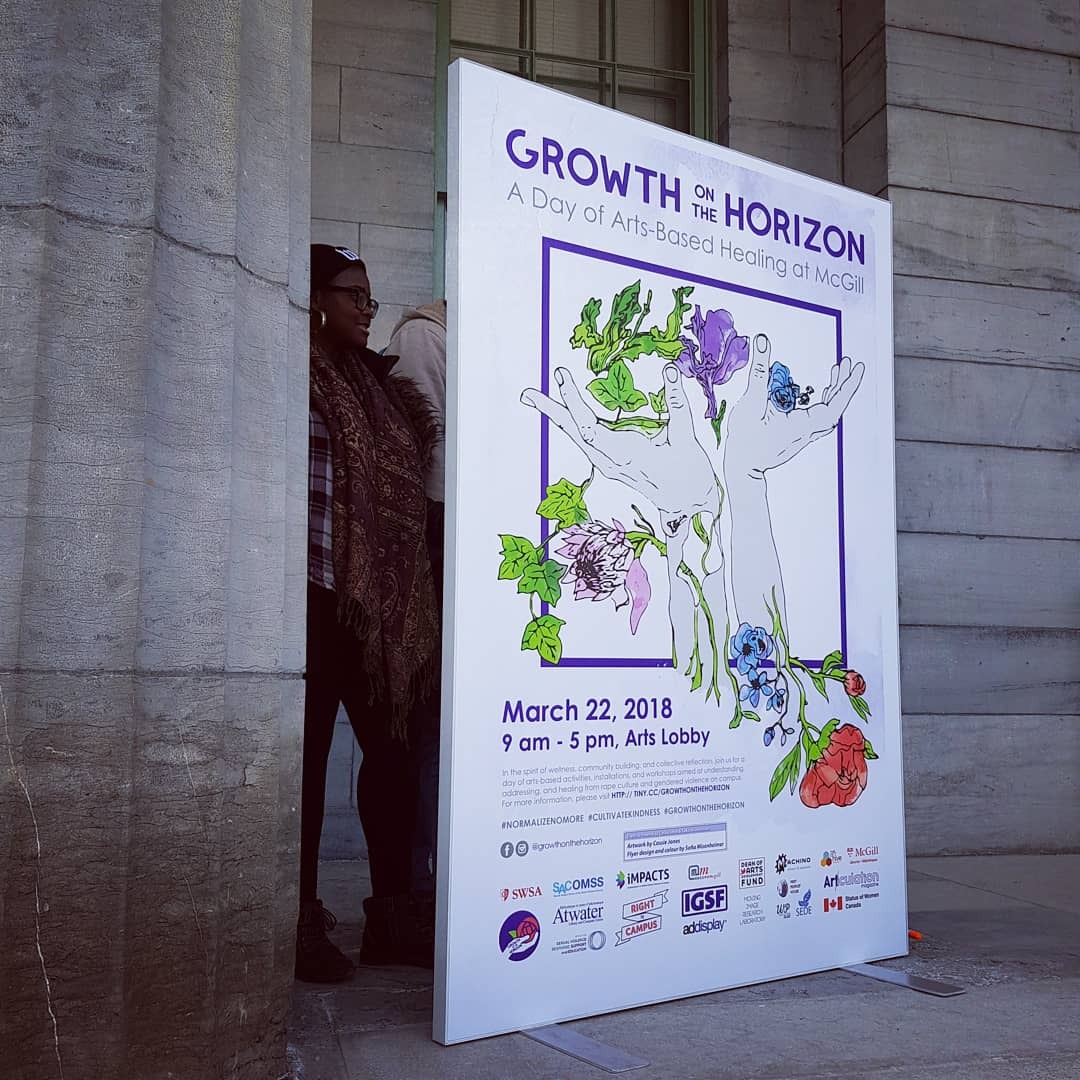



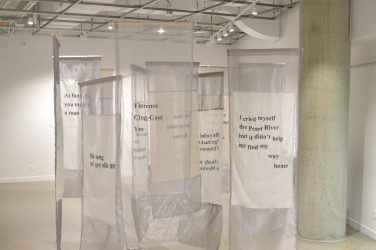
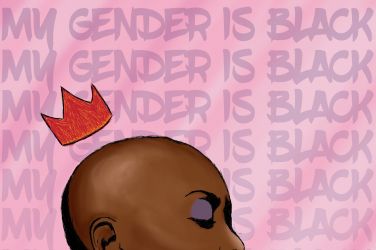
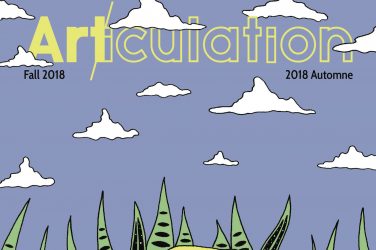
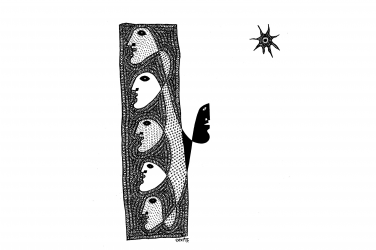

Show Comments (0)